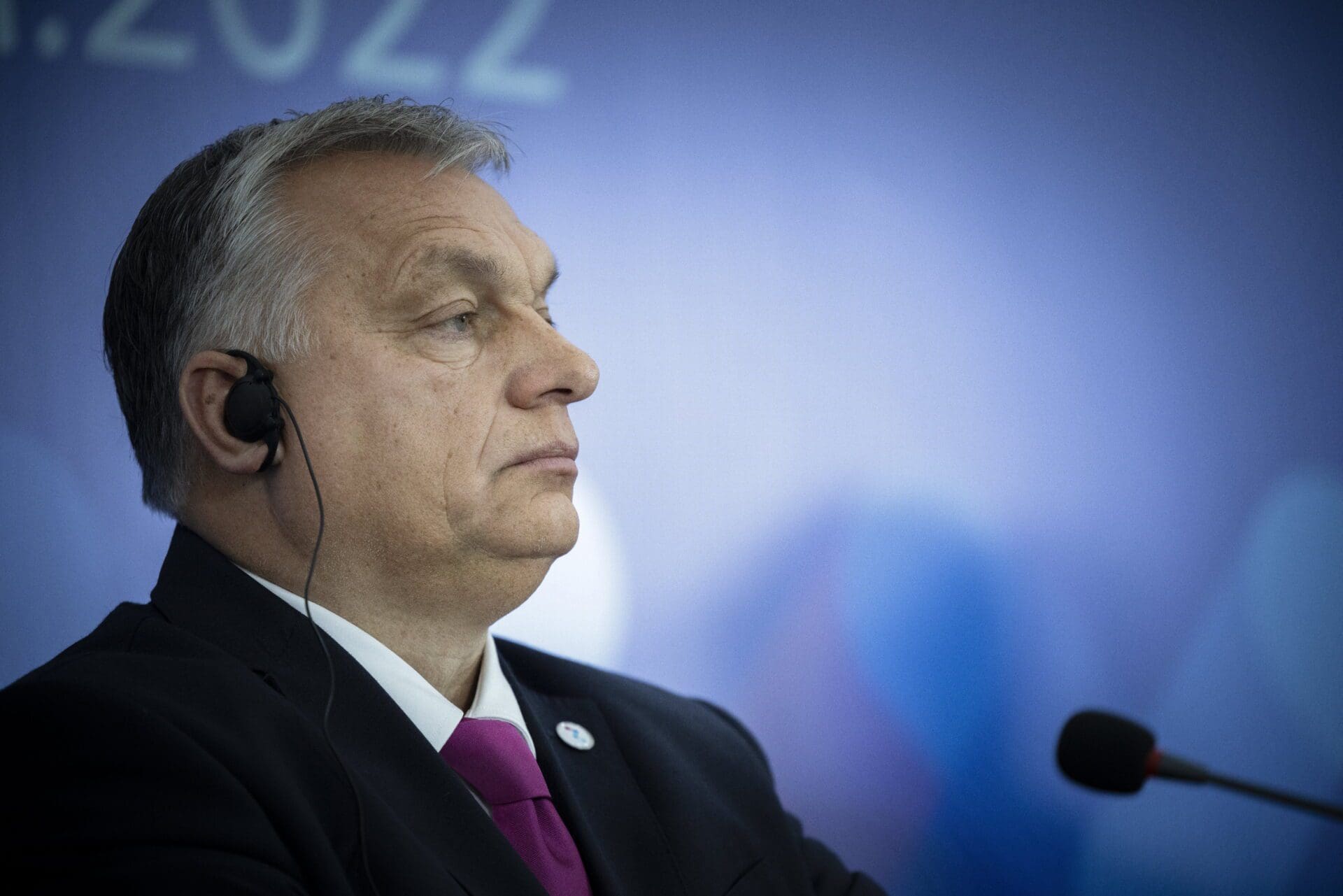As Hungarian Conservative commented before, there’s nothing wrong with using all available tools in international negotiations. The Hungarian government’s choice to veto the €18 billion aid for Ukraine (or rather, vetoing the means of acquiring it) might not have been the most elegant form of diplomacy, but it makes all the more sense from a tactical point of view. The EU’s decision to freeze crucial development funds over rule of law concerns is not elegant either, after all, but it provided a strong position to negotiate on, nonetheless. And if both parties had not been playing hardball from the beginning, probably no compromise would have been reached either.
Just to recapitulate briefly: the European Union has been withholding €7.5 billion in cohesion funds and €5.8 billion in Covid recovery funds from Hungary because of the country’s alleged rule of law violations. Budapest was given until early December to improve on several key policy areas and implement widespread reforms. In the end, the Commission deemed Hungary’s efforts insufficient so far, which meant that if no new agreement was reached before the end of the year, Budapest could have lost most of the frozen funds permanently.
On the other side, the walls were closing on the EU as well. Earlier, all member states agreed on a giant, €18 billion aid scheme to help Ukraine.
The only thing there was no agreement on was the method of procurement of those funds.
The initial plan was to get a joint EU loan, which Hungary opposed as the Orbán government is against increasing the bloc’s public debt. Another issue was the so-called ‘global minimum tax’ to be imposed on multinational corporations. The initiative was adopted by 130 countries, but could only move forward if the EU—its biggest champion—was 100 per cent behind it. Again, it was a Hungarian veto to hinder the process. Hungary is heavily reliant on foreign industrial investments, and any such deal would have harmed its competitiveness.
The EU hoped to have both programmes well underway by January next year. Hungary needed reassurances that it will eventually receive the cohesion funds, since it has already factored in several extra expenditures in next year’s budget (including a much-needed salary increase for educators).
As our readers must be aware, an agreement was eventually reached by the parties earlier this week. Everybody walked away with something: Ukraine will get its aid, the minimum corporate tax will be implemented, and Hungary now has a pathway to unblocking all of its frozen funds.
Indeed, Hungary lifted both of its ‘vetoes’, but not before negotiating slight modifications. The Ukraine aid will be financed from the EU budget instead of a loan and Hungary received an opt-out from the global minimum tax. In turn, the EU decided to unlock a portion of the cohesion funds (keeping only €6.3 billion frozen instead of €7.5 billion) and tied the eventual release of the remaining funds (as well as of the Covid recovery funds) to concrete rule of law reforms to be implemented starting next year.
In essence, the most important thing Hungary gained was the time needed to fully unlock the total €13 billion.
The details of the agreement are not the most important takeaway here, however. One glance at the Hungarian media landscape shows that the implications of this agreement do not seem to be interpreted the same way by everyone. Supporters of the Hungarian government celebrated as the news broke, and rightly so. There will be no joint EU loan, foreign investments in Hungary are secure and the country has a real chance of unlocking all of its frozen funds. Even POLITICO evaluated the outcome as a ‘win for Prime Minister Viktor Orbán’. The Hungarian opposition, however, has a wildly different opinion. Klára Dobrev, leader of the Democratic Coalition (DK), the largest opposition party, for example, called the agreement ‘an embarrassing defeat’ for Viktor Orbán. Others on the left followed suit and celebrated the European Union’s victory in standing firm in its decision to keep the Hungarian funds frozen. And to be fair, there’s truth to that as well: Hungary did not get the money, but a chance to get it in the future, in exchange for thoroughly implemented reforms.
Obviously, it’s part of the job of any political party to communicate everything from the angle that is more favourable to them. Therefore let us leave the question of whether Orbán or Brussels won this round to those genuinely interested in answering it. Because I believe there is an underlying truth in all of this that is more interesting than petty semantic battles. The lesson is about what ultimately matters in international negotiations—and does not.
The whole row started because the EU regards itself as the ultimate moral authority
and fashions its policy dictates recommendations based on the arbitrary principles of today’s liberal ideological dogmas. But it seems that when it comes to concrete results, ideological warfare is no longer enough. International relations are all about constant negotiation, and that rarely ever ends without a compromise. You want to get something; you give something in return.
Now, here’s the problem with the European Union’s trajectory in recent years. When you move away from rational realpolitik to a more ideologically driven one, it’s going to get increasingly hard to come to an agreement on anything. That is simply because political preference can be changed easily based on the realities on the ground, but dogmas and ideology are usually non-negotiable. True champions of the ‘truth’ do not get to just change their minds, do they? Not if they want to preserve their integrity.
But politics is different; it needs a certain level of flexibility that religions (including the religion of the woke) do not have. The agreement between Hungary and the EU is a testimony to that:
politics is still the same old game of tit for tat and interests ultimately reign in the world of diplomacy.
Regardless of ideologies and the senseless moralizing in front of the cameras, behind closed doors reason eventually prevails and all parties leave satisfied. In this sense, it matters not whether Brussels or Hungary won; the real victory belongs to Europe. There is no single ideology that determines Europe’s political posture, and there should never be one; the diversity of values must be preserved. This agreement in Brussels proves that there is still freedom in European politics and that where there’s a will there’s a way: a chance to get things done by resorting to reasonable realpolitik.








